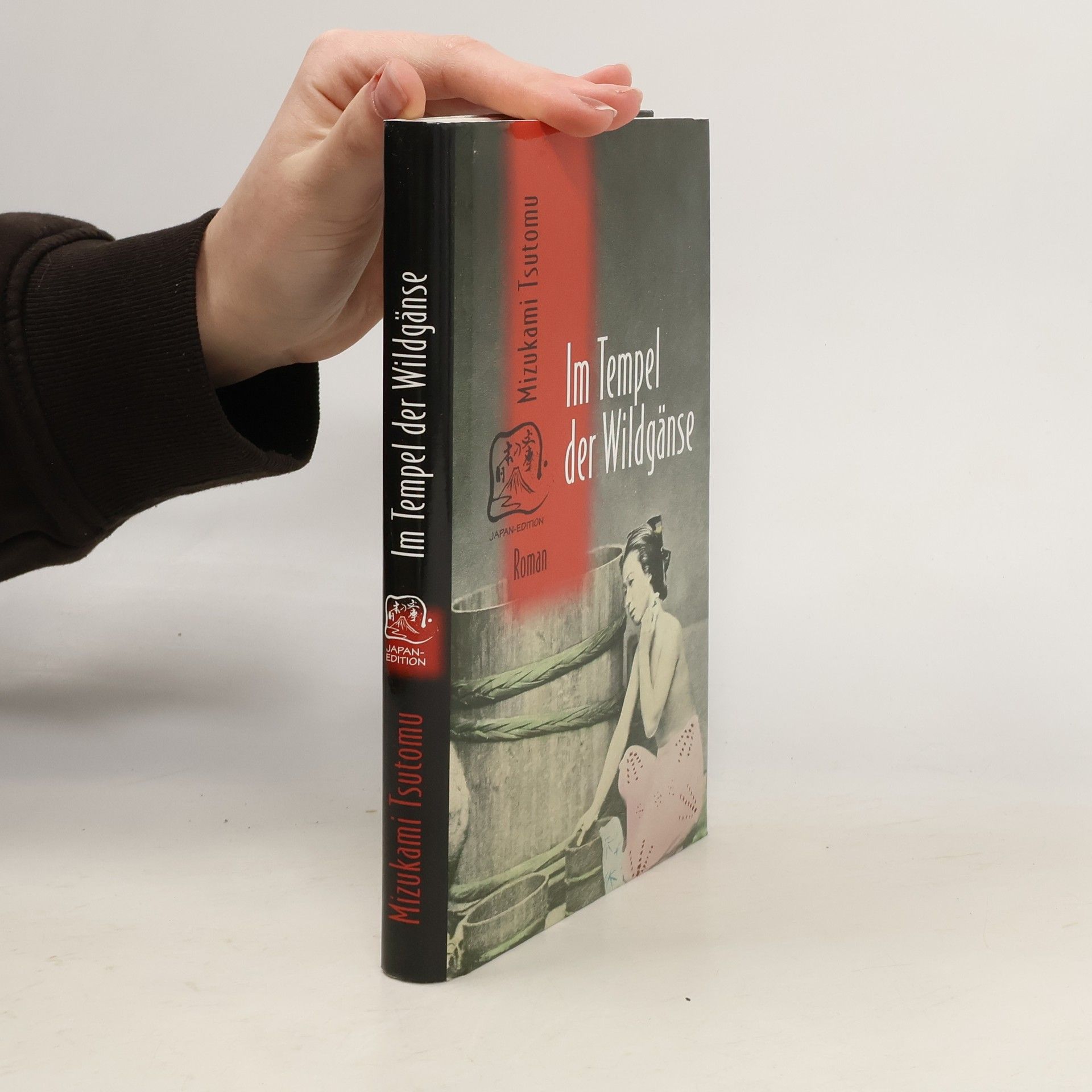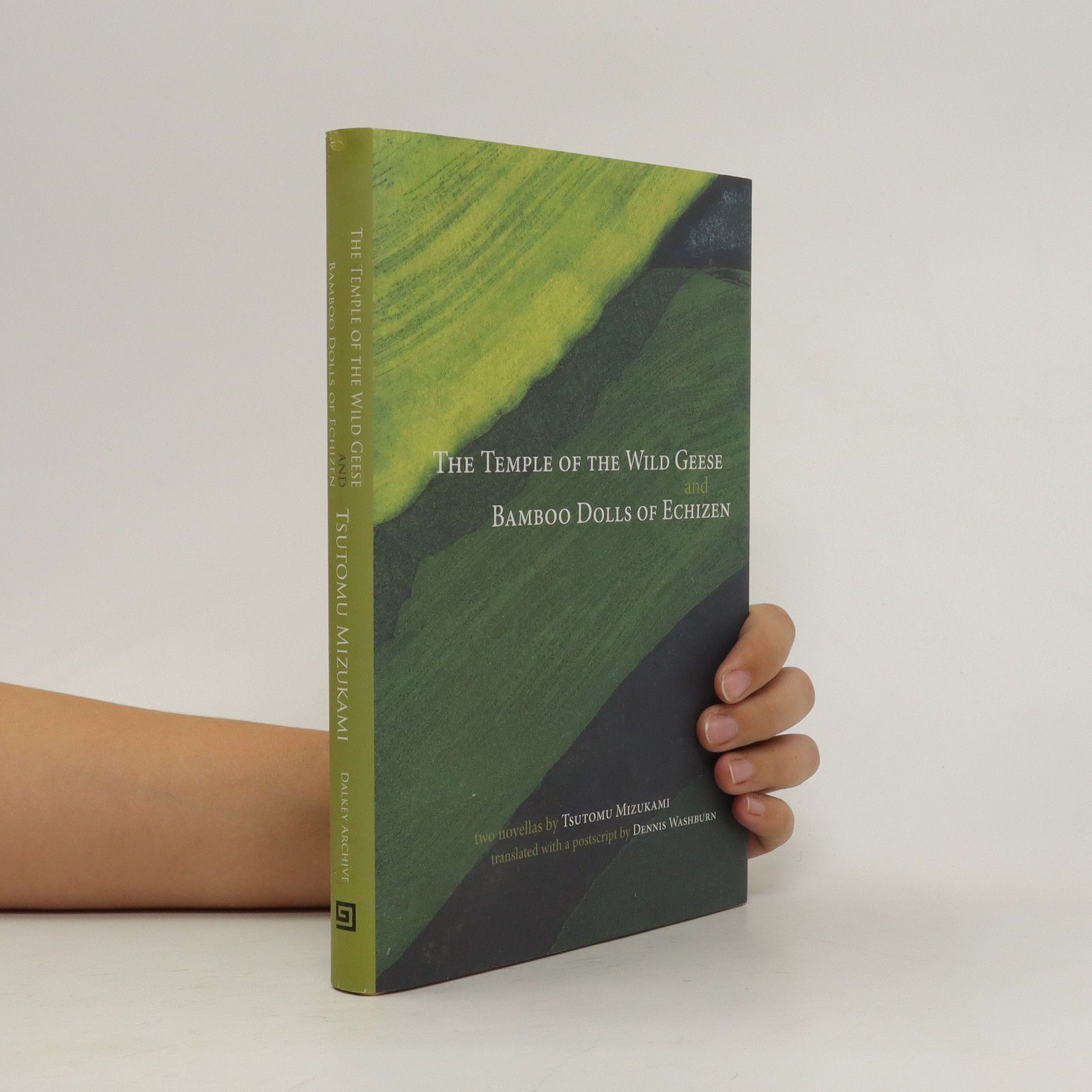The Temple of the Wild Geese, a semi-autobiographical account of Mizukami's childhood, tells the tale of Jinen, a Buddhist monk raised by villagers after his mother, a beggar, abandoned him. Sent to live at a temple at the age of ten, his resentment smolders for years until it explodes in a shocking climax. In Bamboo Dolls of Echizen, no woman is willing to marry the diminutive Kisuke, a bamboo artisan, until Tamae, a prostitute, comes to pay her respects at the grave of Kisuke's father. In Tamae, Kisuke sees shadows of his own mother, who died when he was young, and the two eventually marry. Since Kisuke seeks only motherly affection from Tamae, the two never become lovers. Instead, Tamae devotes herself to caring for Kisuke as a mother would, and he thrives as a renowned maker of bamboo dolls.
Tsutomu Minakami Libri
Tsutomu Mizukami è stato un prolifico autore giapponese le cui opere hanno frequentemente esplorato temi sociali. La sua scrittura è stata caratterizzata da un profondo interesse per la psicologia umana e da un esame dei dilemmi morali. Molte delle sue narrazioni, spesso ambientate in complessi contesti sociali, sono state adattate per il cinema, a testimonianza del loro potente potenziale narrativo. L'eredità letteraria di Mizukami risiede nella sua capacità di ritrarre l'emozione umana cruda e di affrontare criticamente le problematiche del suo tempo.


November 1934. Der Abt des Kohoan-Tempels verschwindet spurlos. Hat er sich trotz seines fortgeschrittenen Alters auf eine spirituelle Wanderung begeben? Oder ist er betrunken im Wald verunglückt? Zuletzt gesehen wurde er nur von seiner Geliebten, die heimlich mit ihm im Kloster lebte, und von einem jungen Novizen, dessen Herkunft ein dunkles Geheimnis umgibt … Haben die beiden etwas mit dem Verschwinden des Abts zu tun? Pressestimmen zu „Im Tempel der Wildgänse“: „Mizukami schreibt Thriller wie Georges Simenon, Patricia Highsmith, Francois Mauriac und Leonardo Sciascia.“ (James Kirkup, Independent)